Senate passes tenants’ rights legislation; GOP senator fixates on ‘squatters’
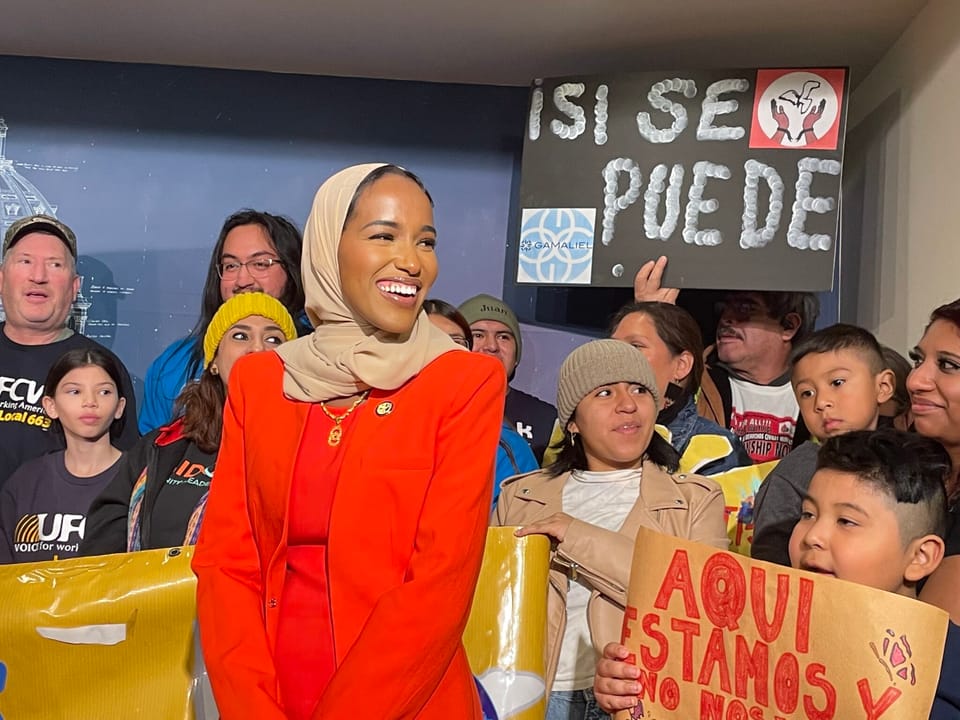
By Madison McVan, Minnesota Reformer
The Minnesota Senate passed a tenants’ rights bill Monday, including measures that would give tenants the right to organize; codify renters’ right to call emergency services without retaliation; outline remedies for tenants who can’t move into their apartments on time due to construction; and more.
The legislation would also make it easier for victims of violence to terminate a lease or get an eviction expunged from their record, and would create penalties for landlords who unlawfully release sensitive information about a tenant who is a victim of violence.
“Last year we really did incredible work for our tenants, but when we look at tenants and landlords and the power imbalance, we have so much work to do,” said Sen. Zeynab Mohamed, DFL-Minneapolis, the bill’s lead author.
In 2023, the U.S. Department of Justice found that the city of Anoka violated the Americans with Disabilities Act and the Fair Housing Act by restricting tenants’ access to emergency services. The city’s “crime-free” housing program penalized landlords whose properties received a high volume of nuisance calls.
When tenants with mental health disabilities or their family members called 911, they risked eviction, fines or loss of the property’s rental license.
“When there is an emergency of any kind, Minnesotans need to have access to emergency services without the fear of penalty and eviction,” Sen. Susan Pha, DFL-Brooklyn Park, said in a statement.
The bill (SF3492/HF3591) also requires landlords to accept individual taxpayer identification numbers (ITINs) in place of Social Security numbers on rental applications, and bans discrimination against people who use ITINs.
Around a quarter of Minnesota’s 81,000 undocumented residents file taxes using an ITIN — a number issued by the IRS and creditors to identify taxpayers who don’t have a Social Security number. The language prohibiting discrimination on the basis of ITINs is a priority this session for Latino advocacy groups, which also want to pass similar laws regarding banking and utilities.
The language in the bill could still change. It has not yet passed the House.
GOP senator, without evidence, alleges immigrants are stealing homes
Sen. Steve Drazkowski, R-Mazeppa, offered an amendment to strengthen property owners’ protections against squatters — people living in a home without the owners’ knowledge or permission — which has become a talking point in right-wing media in recent weeks.
“We even have one individual on video that is telling people how to squat in order to get access to housing adversely from someone who actually owns the house,” Drazkowski said, pointing to immigration as the source of the alleged problem.
Drazkowski was likely referring to a video shared by right-wing Twitter account Libs of TikTok and boosted by Elon Musk in late March. In the video, Venezuelan TikToker Leonel Moreno tells his followers in Spanish that U.S. laws allow people to take up residence in unoccupied homes and claim them as their own property.
Shortly after Moreno’s video went viral, public mentions of “squatters” by right-wing politicians, commentators and influencers skyrocketed, according to a Washington Post analysis, in which experts denounced the idea that a “squatters crisis” is taking place.
In Minneapolis, squatters took up residence in a Stephens’ Square apartment complex last year, Fox 9 reported. Officials attributed a fire at a vacant Minneapolis apartment building last week to squatters.
But there is no evidence that squatters are taking Minnesotans’ homes — and there is also no evidence that any of the Minneapolis squatting incidents involved immigrants.
A person trying to claim property through Minnesota’s adverse possession law must have lived on the land for 15 years before they can claim it as their own.
Squatters’ rights are not part of landlord tenant law in Minnesota, and squatters do not have the same legal protections as tenants, said Julia Zwak, managing housing attorney at Mid-Minnesota Legal Aid.
“In more than five years of practice as a housing attorney in Hennepin County, I cannot recall one time when Legal Aid was asked to defend the rights of a person who entered a home without permission and unlawfully attempted to reside there,” Zwak said. “To the extent there is legitimately a ‘squatters rights’ crisis in some parts of the country, it certainly is not taking place in Minnesota.”
Minnesota Reformer is part of States Newsroom, a nonprofit news network supported by grants and a coalition of donors as a 501c(3) public charity. Minnesota Reformer maintains editorial independence. Contact Editor J. Patrick Coolican for questions: info@minnesotareformer.com. Follow Minnesota Reformer on Facebook and Twitter.
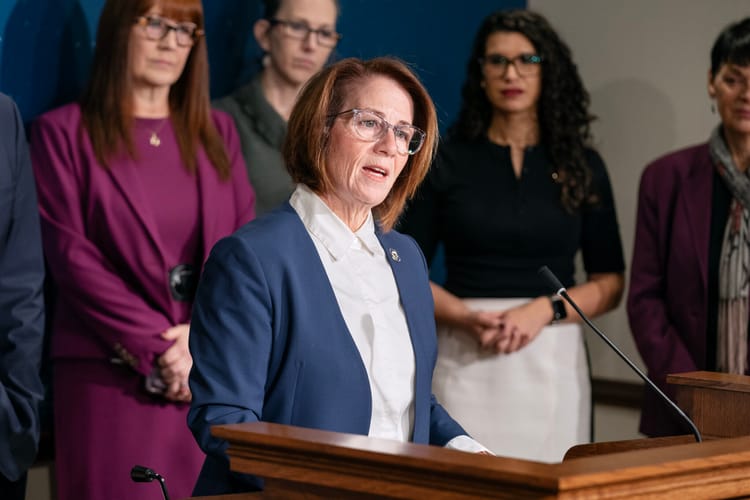
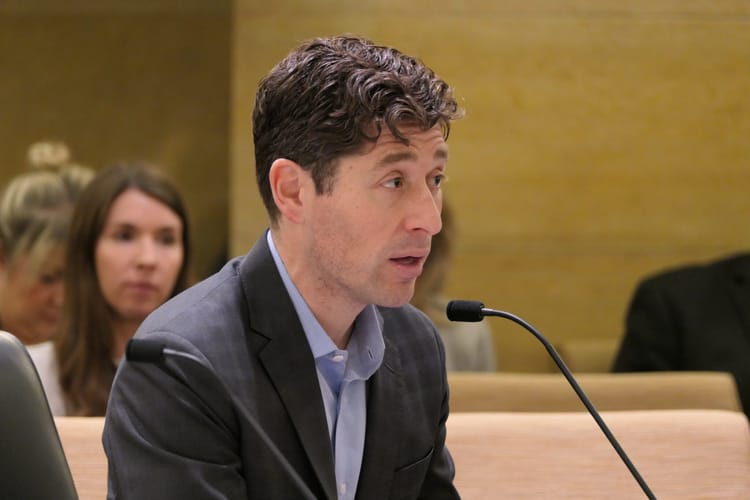
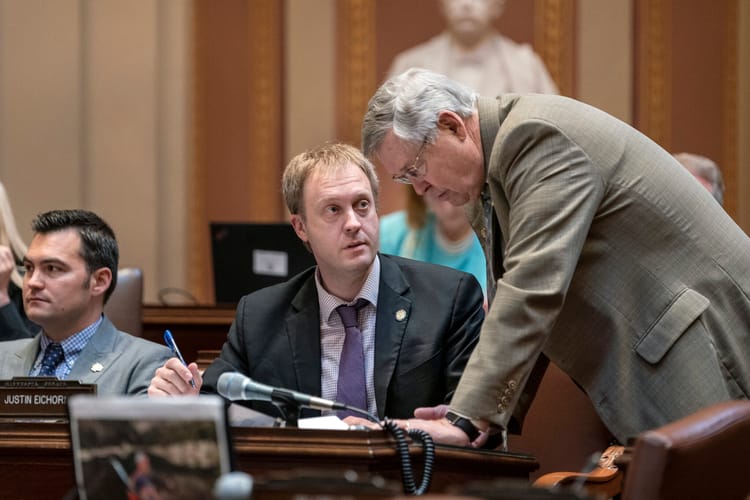
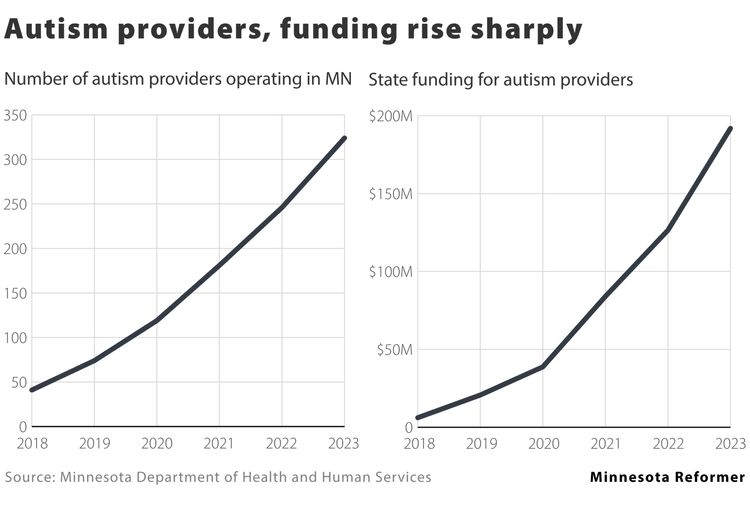

Member discussion